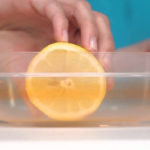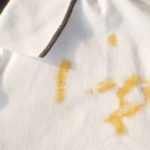Chị Vũ Thúy Hằng (35 tuổi ở Thụy Điển) chia sẻ một số cách dùng quả chanh để khử mùi hôi đồ dùng trong bếp vừa tiện lợi, rẻ tiền mà rất hiệu quả.
1. Use lemon to eliminate odor and grease in the microwave
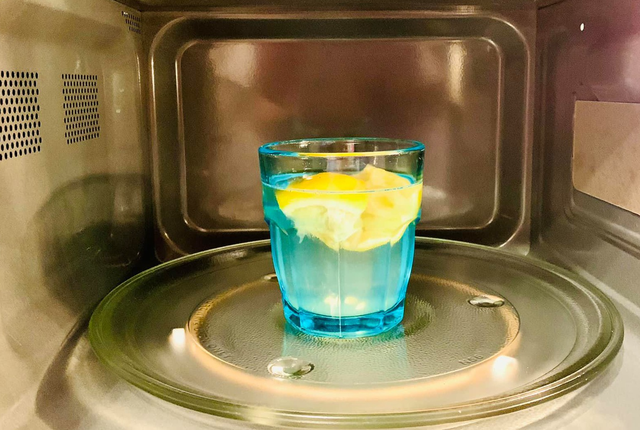
The microwave, especially when heating up strongly seasoned dishes, is prone to unpleasant odors. In addition, oil and grease from the food when heated will splatter and stick to the inside of the microwave.
The simplest way is to use 1 glass of filtered water (do not fill the glass, when in oven mode for a long time, the boiling water will spill out). Squeeze half a lemon into the glass of water, put the squeezed lemon peel into the glass.
Place the lemon water glass inside the microwave, turn on the heating mode for 3 minutes, the odor and grease will be effectively eliminated, and the oil and grease will be easier to clean.
2. Eliminate odor in the refrigerator
The refrigerator is a place to store many foods with different flavors. After a period of time, regardless of the amount, there will still be unpleasant odors. Cut a few slices of fresh lemon and put them in a small bowl, place the bowl in the refrigerator’s cooling compartment to “filter” the air inside the refrigerator, making it fresh and cool.
3. Use lemon to prepare fish and clean cutting boards
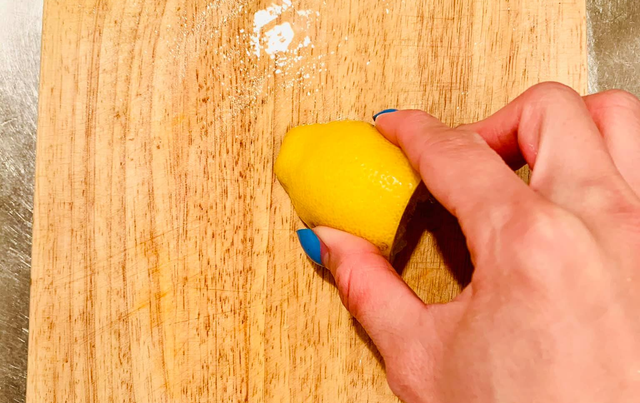
Normally, Ms. Hằng uses vinegar and salt to prepare fish to minimize fishy smell. However, lemon is also a reasonable choice. Fish that has a lot of mucus will be cleaner and less fishy when washed with lemon. After finishing the fish, use a lemon to scrub the hands to remove any odor.
Similarly, Ms. Hằng also uses lemon to clean cutting boards. Whenever using the cutting board for raw food such as meat, fish, she uses dishwashing liquid to clean it. Then, cut 1/4 lemon and rub the cutting surface of the board, ensuring that the fishy smell is removed.
4. Use lemon to eliminate the odor of a blender
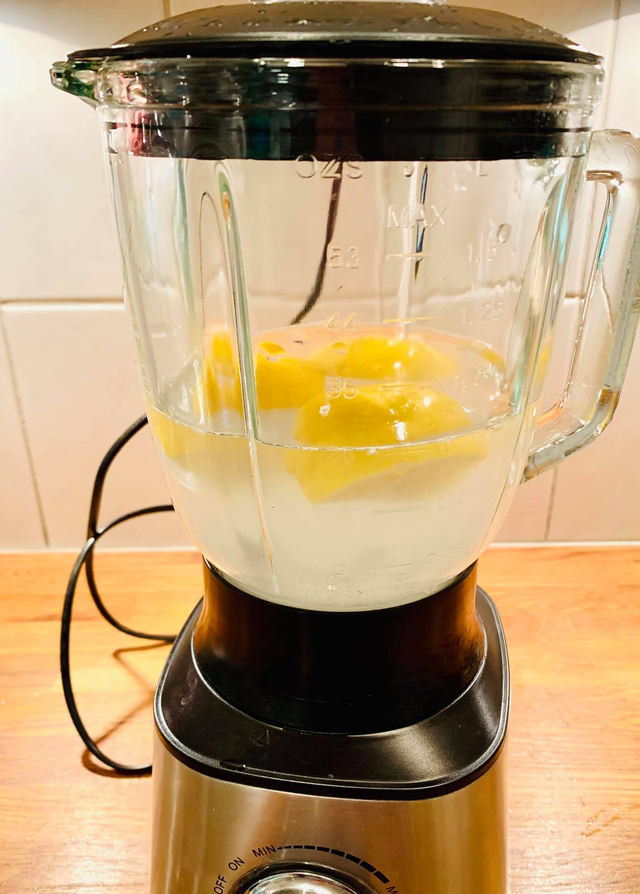
Multi-purpose blenders can grind many things, and sometimes the blender can have a strange smell even after thorough cleaning. Ms. Hằng adds water, about 3 teaspoons of baking soda, and half a lemon to the blender. Turn on the blender for about 3 minutes, then let it soak for another 10 minutes, then pour out the mixture and rinse the blender clean.
Ms. Hằng also revealed that dried lemon peels can be burned in an essential oil diffuser to eliminate kitchen or bathroom odors. Or, simply slice the lemon into thin slices, boil them with water, place the lemon water bowls in the corners of the room to eliminate odors effectively.
Fishy Odor’>7 Steps to Tasty Fish without a Fishy Odor
 Odor‘>
Odor‘>If you are looking to make fish dishes that won’t have a lingering fishy taste, Dien May GREEN has the recipe that you need! Join us in the kitchen to learn how to cook fish so that you can get the most out of the nutritional value it provides and get all the deliciousness without the fishy flavor.

























